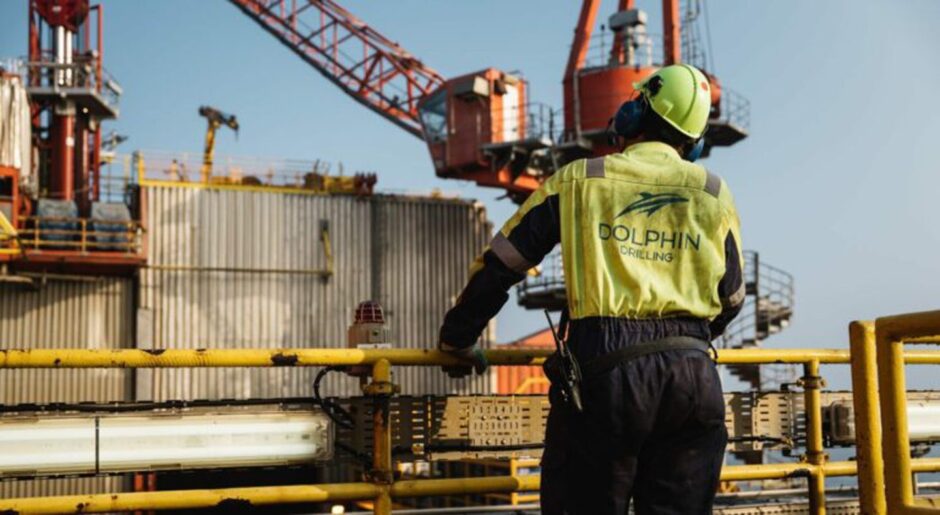
Aberdeen-headquartered Dolphin Drilling (OSLO: DDRIL) has said “up to 500 offshore vessels” in the North Sea could be affected by court decisions in its ongoing dispute with tax officials.
Earlier this year, the offshore driller vowed to take its legal battle with HMRC to the UK’s Supreme Court after it lost its £12.8m tax case in December.
The dispute stems from a tax deduction claim by Dolphin in 2014 and 2015 after its (now decommissioned) Borgsten Dolphin rig was on hire with TotalEnergies on its North Sea Dunbar asset.
Under 2010 corporation tax law, profits from “relevant assets” for oil and gas activities have been ring-fenced, provided they are movable or “can be used” to drill for oil or provide accommodation for offshore workers.
However, if the accommodation of workers – as took place with the Borgsten Dolphin – is deemed to be more than “incidental” to the contract, than an exemption to that rule applies.
HMRC argued successfully that the accommodation on Borgsten Dolphin was more than incidental to the work, while Dolphin’s Stephen Cox argues the opposite, saying “you have to dig to page 200 or something before you find any reference to ‘we need accommodation’”.
The ruling set a new precedent with wide implications on what tax can and cannot be claimed under the legislation.
‘Compelling grounds for appeal’ in HMRC case
Releasing its fourth quarter update, Dolphin said there are “several compelling grounds” as to why its appeal should be heard by the Supreme Court.
The company said that the interpretation of the rules could “potentially impact a significant number of 500 offshore vessels and units currently operating in the region today”.
Meanwhile, Dolphin said its revenue backlog included rose to over $1.1 billion in the fourth quarter, including $480m in firm orders and $674m in letters of intent (LOI) and options periods.
The company announced total revenues in the fourth quarter of $23.6 million and an earnings before interest, taxes, depreciation and amortisation (EBITDA) result of $2.8m.


